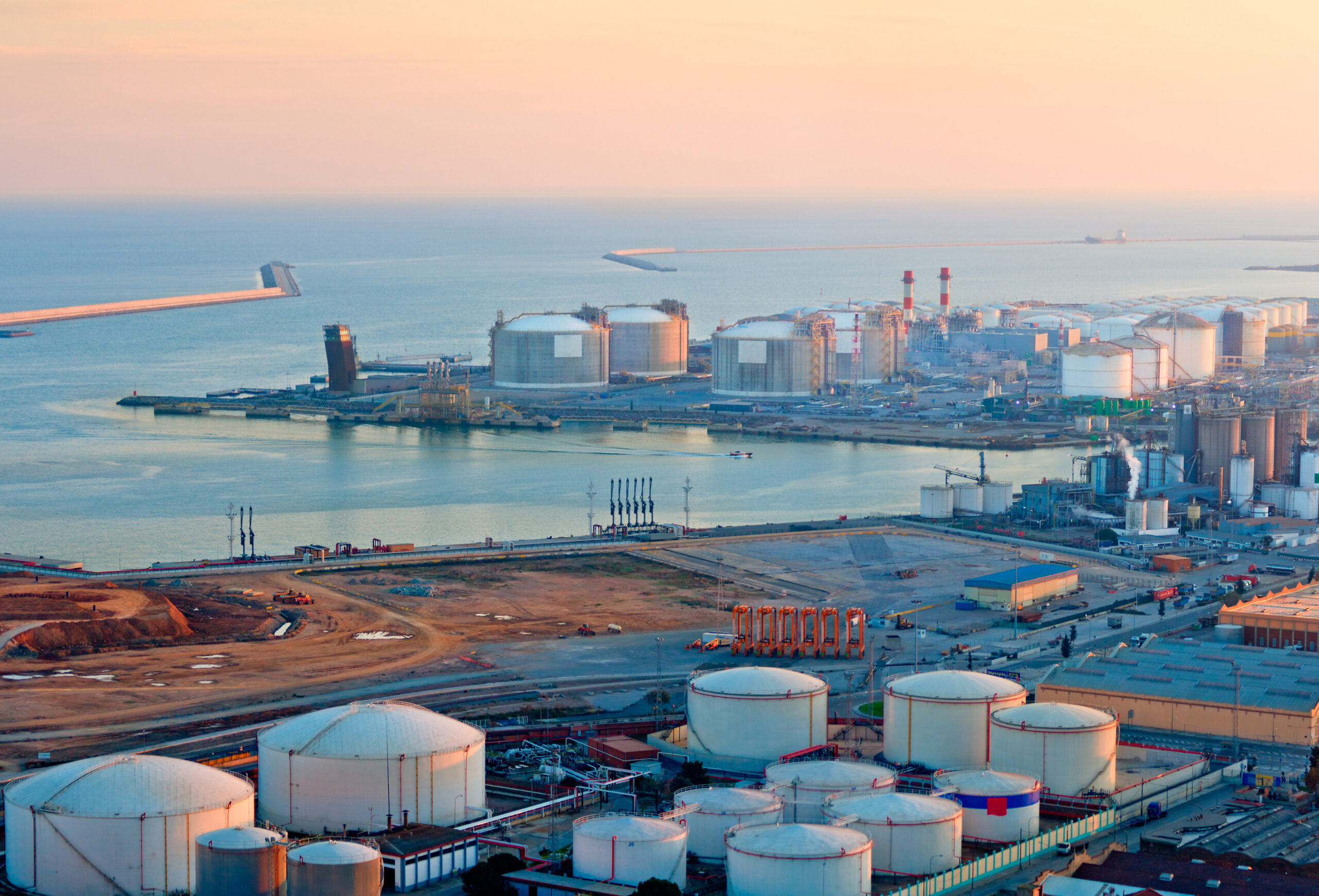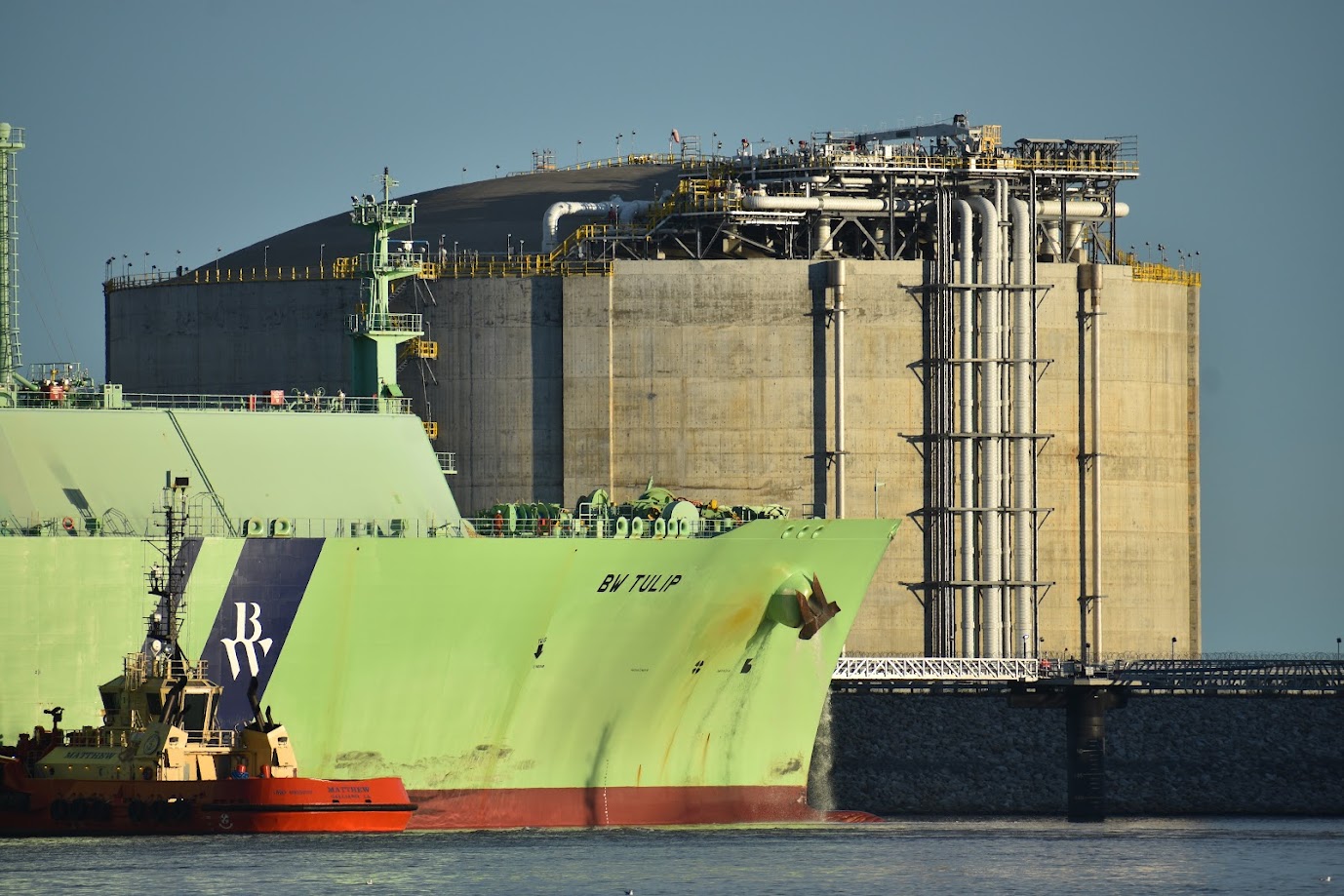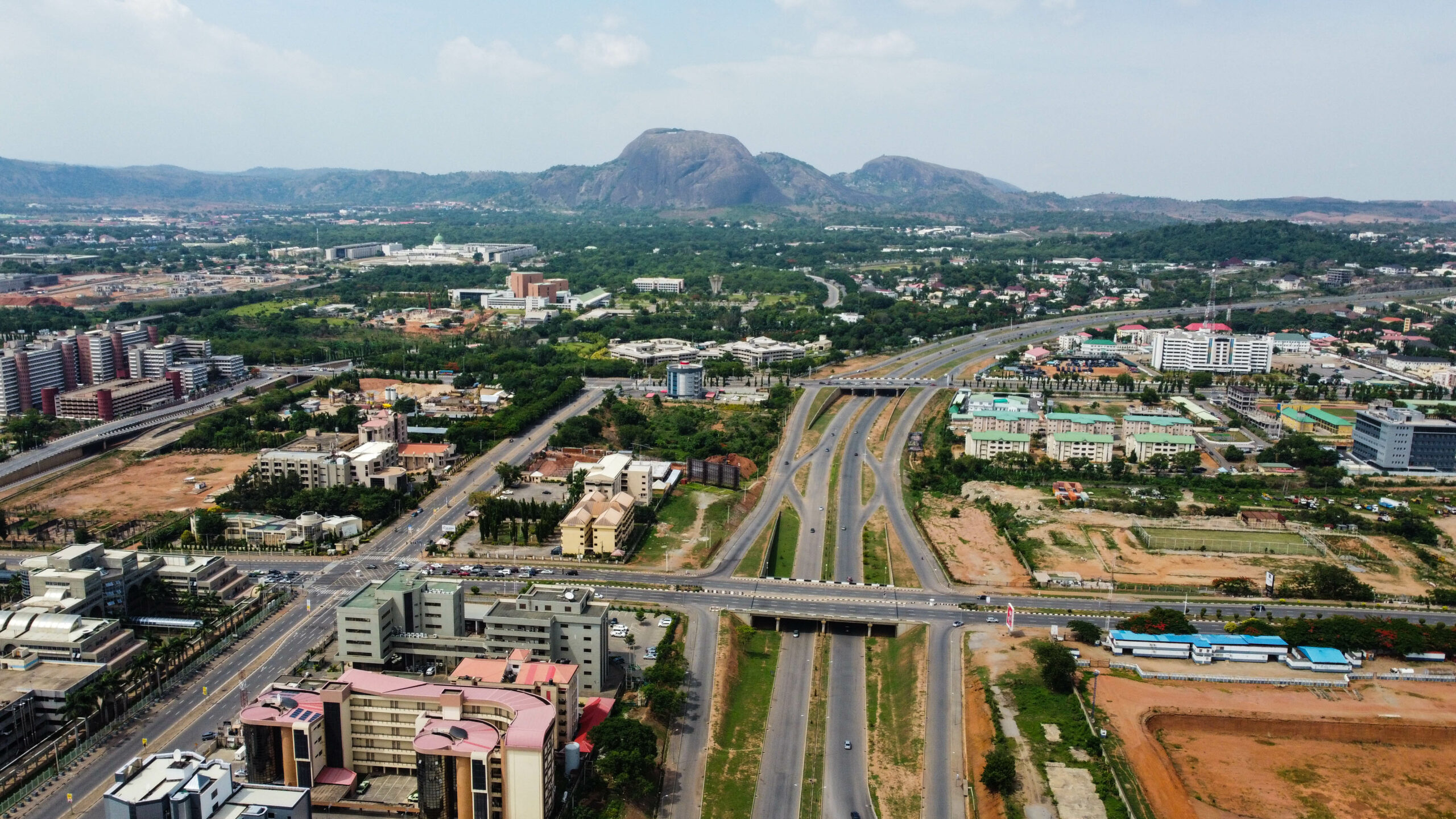EU has enough gas to last through 2040; gas demand in long-term decline
With gas demand in Europe in long-term decline, the EU has access to sufficient supplies in both the short and long-term. That means that contracts for additional LNG are not needed, and only increase stranded asset risk.

Europe already has access to sufficient supplies to meet its gas demand needs through 2040, making additional purchases for LNG unnecessary, according to a new report.
By 2040, the European Union is expected to consume just 117 billion cubic metres (bcm) of gas per year. Existing gas fields in Europe, along with already agreed upon long-term contracts for pipeline imports from Norway and Algeria, would supply the continent with 118 bcm of gas annually, according to a new report from Zero Carbon Analytics.
That means that no new gas projects or any additional LNG deals are needed to supply the EU through 2040.
In fact, LNG import terminals could go woefully under-utilised as European member states continue to over-invest in gas import infrastructure. By 2040, the EU is projected to have 244 bcm of import capacity, which means they will only operate about 19 percent of the time, the report estimates.
As soon as 2027, contracts for LNG imports into Europe are set to exceed demand.
“The EU is currently undergoing a massive expansion of LNG capacity as it tries to phase out imports of Russian gas,” the report said. “Yet the expansion is not necessary in either the short or long term.”
That stands in sharp contrast to the drive from some European energy companies, who continue to shop around for new LNG supplies. A total of 11 contracts, accounting for 20 bcm of LNG, were signed in the past year.
EU gas demand is already in sharp decline, aided by efficiency measures, high prices, and the transition to renewable energy and electric heat pumps. Gas consumption is expected to continue to fall, potentially plunging by 66 percent below 2023 levels by 2040, in line with the 90 percent greenhouse gas reduction target as proposed by the European Commission.
As a result, financial risk will continue to rise, and not just for Europe. Even as European nations are spending money on unneeded infrastructure, LNG exporters from around the world are building new terminals in the hope of capturing market share in Europe. But that market is shrinking. Those countries with plans to expand gas exports include Azerbaijan, Canada, the Republic of Congo, Nigeria, Qatar, Senegal, the U.S., and Tanzania, among others, according to Zero Carbon Analytics.
“There are significant risks that LNG projects will end up as stranded assets if the EU expands its import capacity,” the report warned. “In order to avoid those risks, national and European regulators should rapidly re-assess whether proposed LNG expansion projects are still necessary and where possible prevent further development.”


